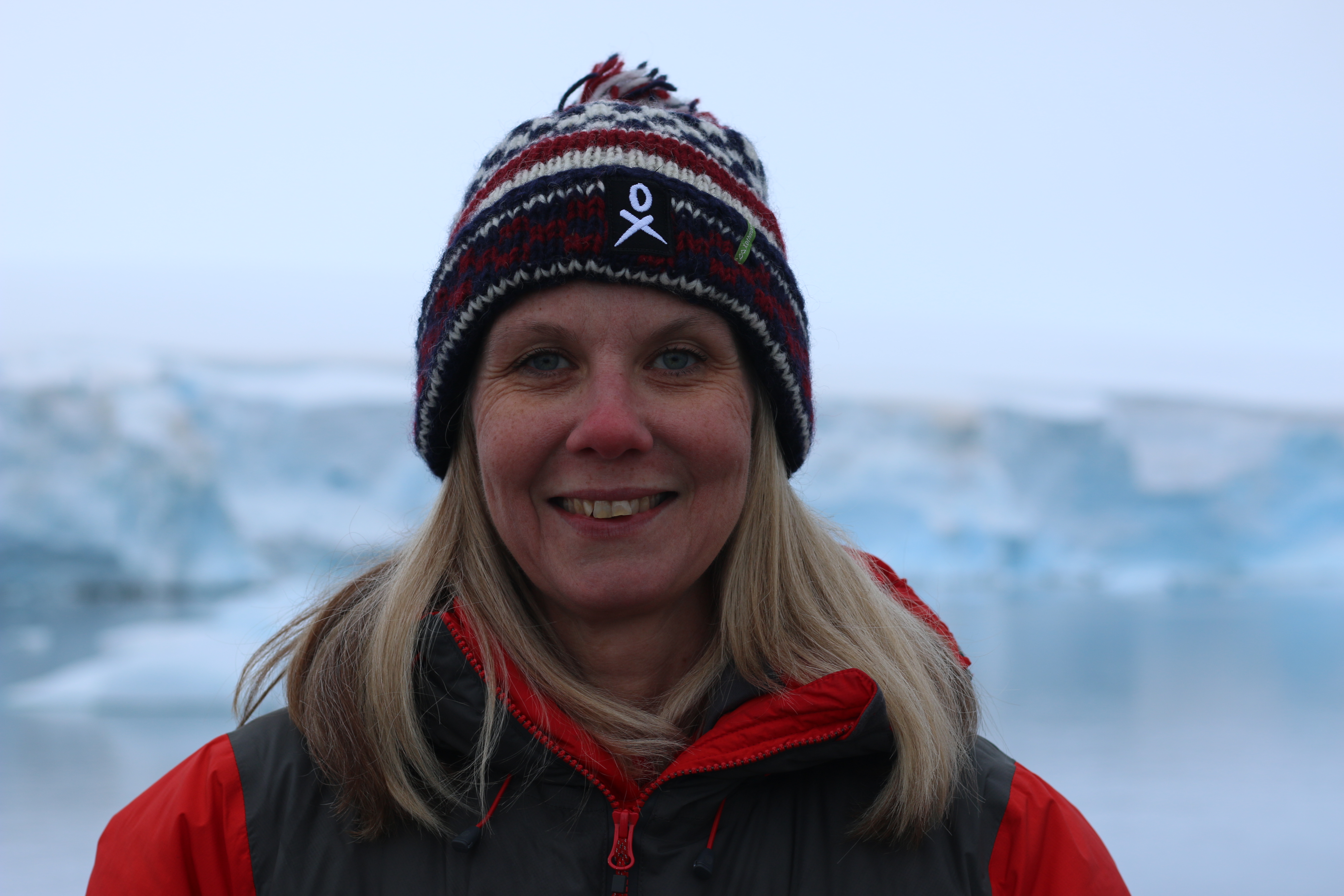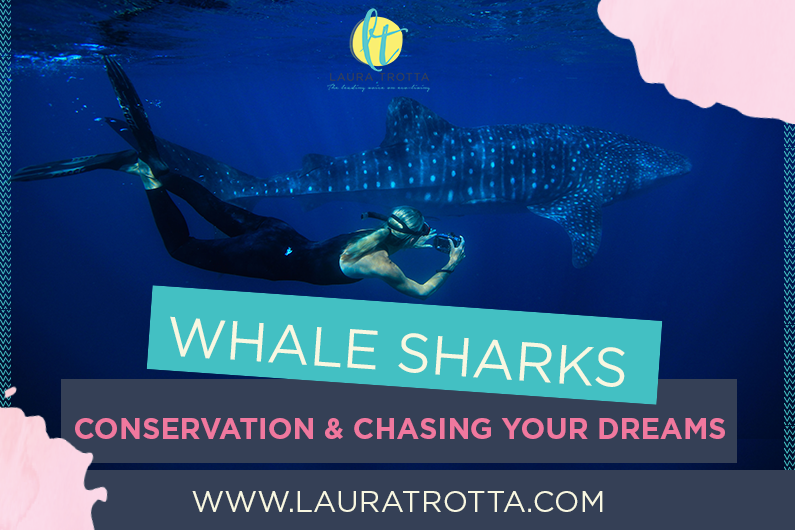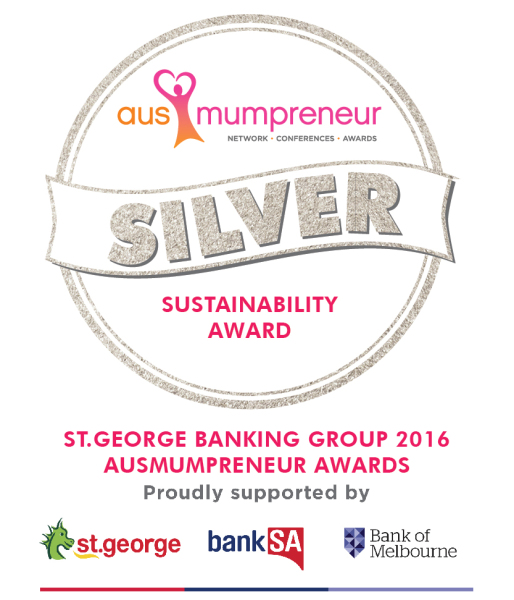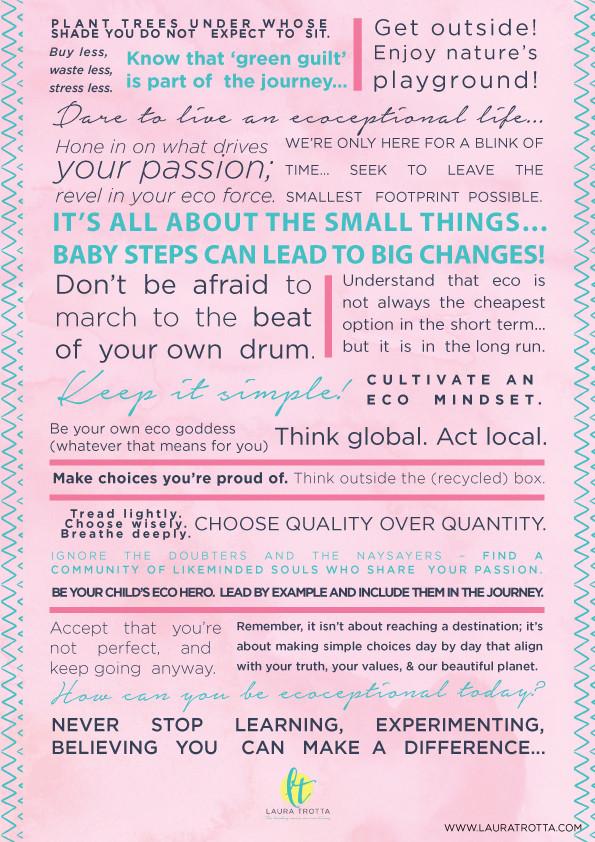(image credit: Jess Leask)
In this Eco Chat I catch up with Samantha Reynolds of ECOCEAN on whale sharks, conservation and following your dreams.
Do you have a long-held dream to work in science or sustainability but have yet to taken the plunge?
If that’s the case, you’re not alone!
I’m super excited to introduce you to my friend Samantha Reynolds. Sam’s a passionate marine biologist and works with ECOCEAN, Australia’s only not-for-profit organisation dedicated to whale shark research and conservation. But Sam didn’t always work in this field….. in fact, she didn’t start her science studies until her forties!
Sam’s is the first story of the many amazing women I spent 21 days at sea in Antarctica with Homeward Bound that I’m sharing with you. I love the work that she’s doing with whale shark research and conservation but I also really love her story.
Podcast: Play in new window
Can you share your story of how you came to be working with whale sharks?
I became a marine biologist later on in life. I went back to uni at the age of 39 and did my Bachelor of Science. After completing my Honours in 2016, I took a year off. Now I have just enrolled in my PhD at the age of 45. I will be looking at whale shark movements and how these relate to marine protected areas. I will be trying to find out more about important habitats for whale sharks and how these might change under future climate change scenarios.
Before this, I was working in an office in Brisbane and feeling quite unfulfilled and bored. I had completed an Arts degree and studied languages at University and travelled the world. I was really into scuba diving and went on lots of expeditions. Looking at all these amazing things underwater made me dream of becoming a marine biologist.
Then something happened that changed my life. I went on holiday with my mum to Ningaloo Reef in Western Australia to swim with whale sharks. There I met someone who was living my dream! He was a marine biologist who was studying whale sharks and doing important conservation work for the species. Almost six years later, he’s my partner and I am living my dream along with him.
I’ve been volunteering with his not-for-profit group ECOCEAN all through my undergrad and have used data that we have been collecting on whale sharks for my Honours thesis. I will be furthering the work during my PhD.
Can you tell us some more about ECOCEAN?
It’s a not for profit group that focuses on whale shark research, conservation, and education. ECOCEAN has been involved in lots of conservation work for whale sharks including contributing to in IUCN Red List. This list gives the conservation status for lots of different species so it looks at how the populations around the world are changing. Unfortunately whale sharks have now been listed as endangered. Their population around the world seems to be in decline. The population in Ningaloo Reef where we do our work seems quite stable.
What role do whale sharks have in the ocean ecosystem?
Whale sharks are one of only three species of shark that filter feed. As the name suggests they are like a whale in that they eat zooplankton. They are the top of a very short food chain. Phytoplankton, and then zooplankton, and then whale shark. Nobody really knows the impact that removing whale sharks from the ecosystem would have, but like any top predator it will have cascading effects down the food chain. It’s important for their own sake, and for ours as we get to enjoy them.
What are some of the risks that are impacting whale shark populations worldwide?
Most of the risks are anthropogenic i.e. human-induced. Hopefully as part of my PhD I’ll be able to look at the effects of climate change on their movement and distribution. They are vulnerable to ship strike as they spend a lot of their time swimming just below the surface. There is increased shipping traffic around the world at the moment.
They are still hunted in some parts of the world mostly for their fins. They can also be caught as by-catch in different fisheries especially tuna.
Are whale sharks distributed all over the world?
They’re thought of as a tropical species. They’re found in all oceans but usually between 30 degrees north and 30 degrees south. Recently we have been tracking them a lot further south. We’ve had anecdotal sightings of whale sharks from the south coast of Western Australia. We’ve tracked some whale sharks via satellite to Perth and just south of Perth as well. So they’re distribution is slightly hazy. We think we know but there is a bit of leeway there.
How do you track a whale shark?
We use position-only tracking at the moment. The tags are on a clamp that attaches to the dorsal fin of the whale shark and are linked to overhead satellites. When the shark’s swimming at the surface and the fin comes out of the water, the tag transmits the position to the satellite and we can access that data. So we know where in horizontal space that the whale sharks are and we can follow their movements.
Why is this important information?
Whale sharks are the biggest fish in the sea but we know so little about them that it’s crazy. No-one has ever seen whale sharks mate or give birth. We don’t know where these important habitats for them are. A lot of the coastal aggregations that we know of for whale sharks are made up of mostly juvenile males. There’s only been a handful of sightings of really small whale sharks and the only aggregations we know of large females are the Galapagos. We don’t know a lot of these areas that are important for the different life stages and reproduction. In order to protect whale sharks as a species effectively, we need to know where these important habitats are so that we can protect those.
How do you fund your work?
A lot of our work is funded through philanthropic donations but we’ve also been running a program recently called the ECOCEAN Whale Shark Race Around The World. We’ve partnered with the Western Australia Department of Education and they’ve developed a suite of learning materials for schools to use. Schools in Western Australia have been sponsoring our satellite tags, we put it on the whale shark, and the schools get to follow the tracks of their whale sharks on an Open Access website. They learn about whale shark biology and ecology and all about the marine environment that they’re inhabiting and all kinds of other things about the oceans and our planet.
Where can our listeners learn more?
You can find our website at www.whaleshark.org.au there is a link there to contact us.
We are on Facebook and Instagram and you can follow our research there.
Any advice for those considering a career in science or sustainability?
It’s never too late to find your passion or follow your dreams. You never know where you will end up. Maybe even Antarctica!

Podcast: Play in new window | Download
- Sustainable Home Design- factors to consider to maximise sustainability - July 28, 2022
- Advantage and Disadvantages of Tiny Houses - May 31, 2022
- How School Strike 4 Climate is Empowering Youth to Fight for Their Future - May 1, 2022


 Laura Trotta is one of Australia’s leading home sustainability experts. She has a Bachelor of Environmental Engineering, a Masters of Science (in Environmental Chemistry) and spent 11 years working as an environmental professional before creating her first online eco business, Sustainababy, in 2009. She has won numerous regional and national awards for her fresh and inspiring take on living an ‘ecoceptional’ life (including most recently winning the Brand South Australia Flinders University Education Award (2015) for the north-west region in SA and silver in the Eco-friendly category of the 2015 Ausmumpreneur Awards). With a regular segment on ABC Radio and with her work featured in publications like Nurture Parenting and My Child Magazine, Laura is an eco thought leader who’s not afraid to challenge the status quo. A passionate believer in addressing the small things to achieve big change, and protecting the planet in practical ways, Laura lives with her husband and two sons in outback South Australia.
Laura Trotta is one of Australia’s leading home sustainability experts. She has a Bachelor of Environmental Engineering, a Masters of Science (in Environmental Chemistry) and spent 11 years working as an environmental professional before creating her first online eco business, Sustainababy, in 2009. She has won numerous regional and national awards for her fresh and inspiring take on living an ‘ecoceptional’ life (including most recently winning the Brand South Australia Flinders University Education Award (2015) for the north-west region in SA and silver in the Eco-friendly category of the 2015 Ausmumpreneur Awards). With a regular segment on ABC Radio and with her work featured in publications like Nurture Parenting and My Child Magazine, Laura is an eco thought leader who’s not afraid to challenge the status quo. A passionate believer in addressing the small things to achieve big change, and protecting the planet in practical ways, Laura lives with her husband and two sons in outback South Australia. 


